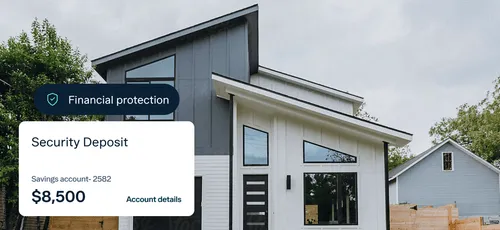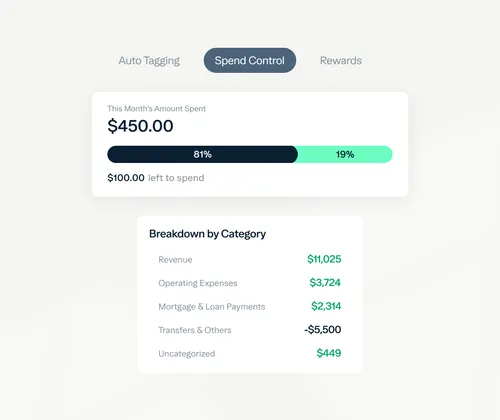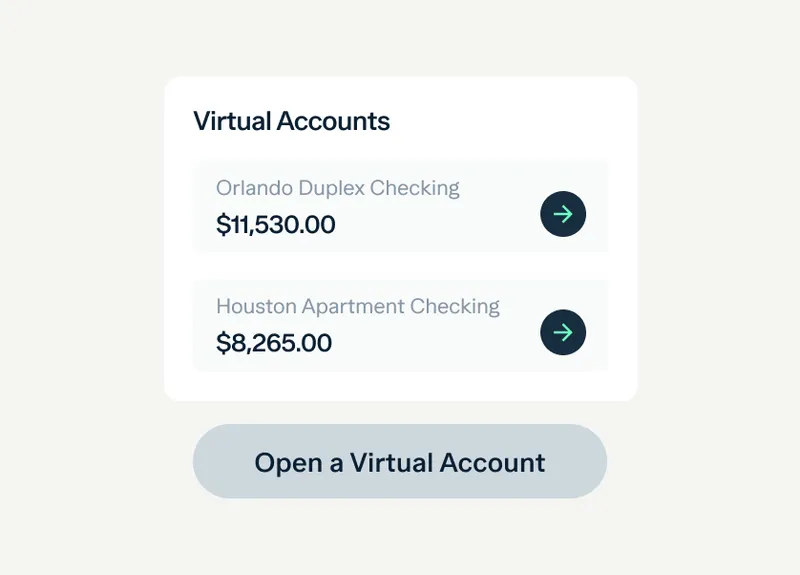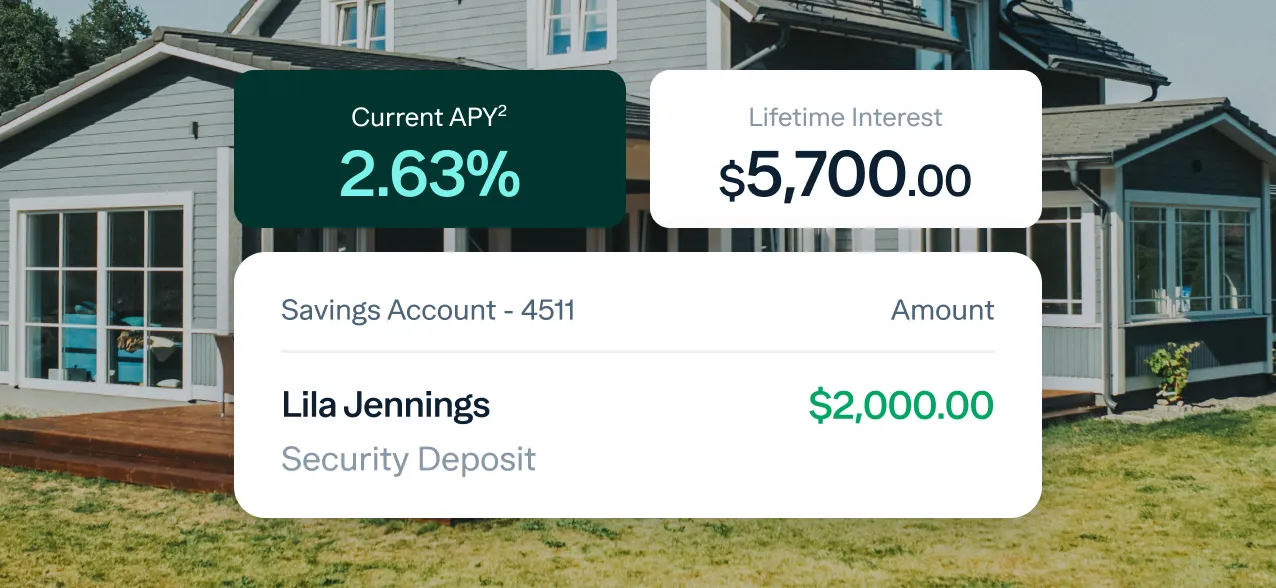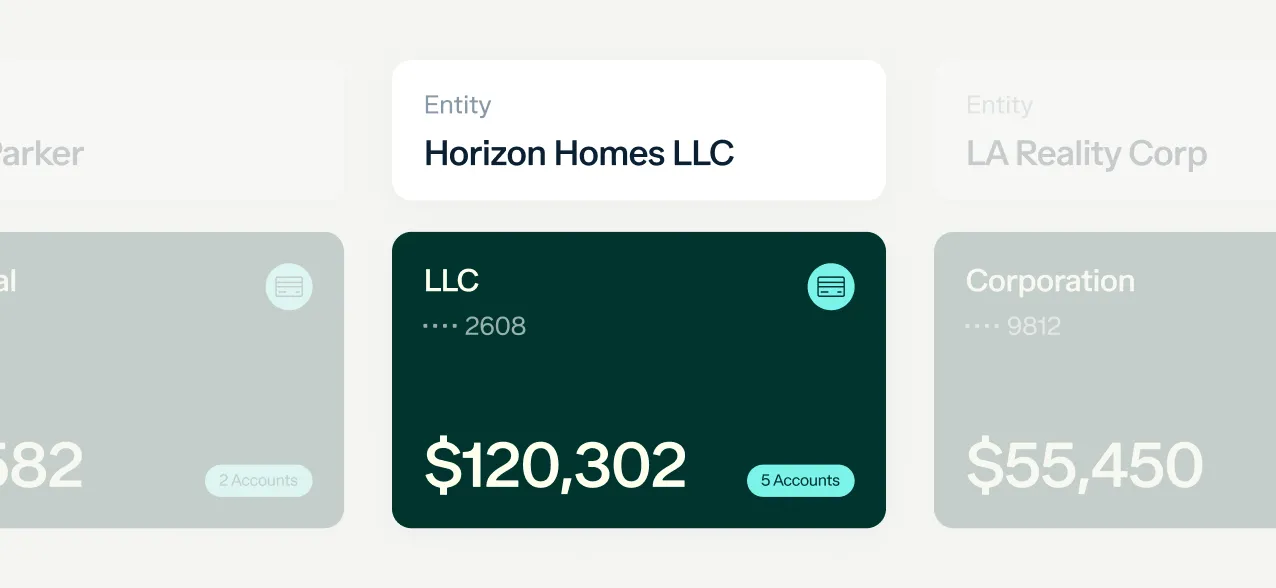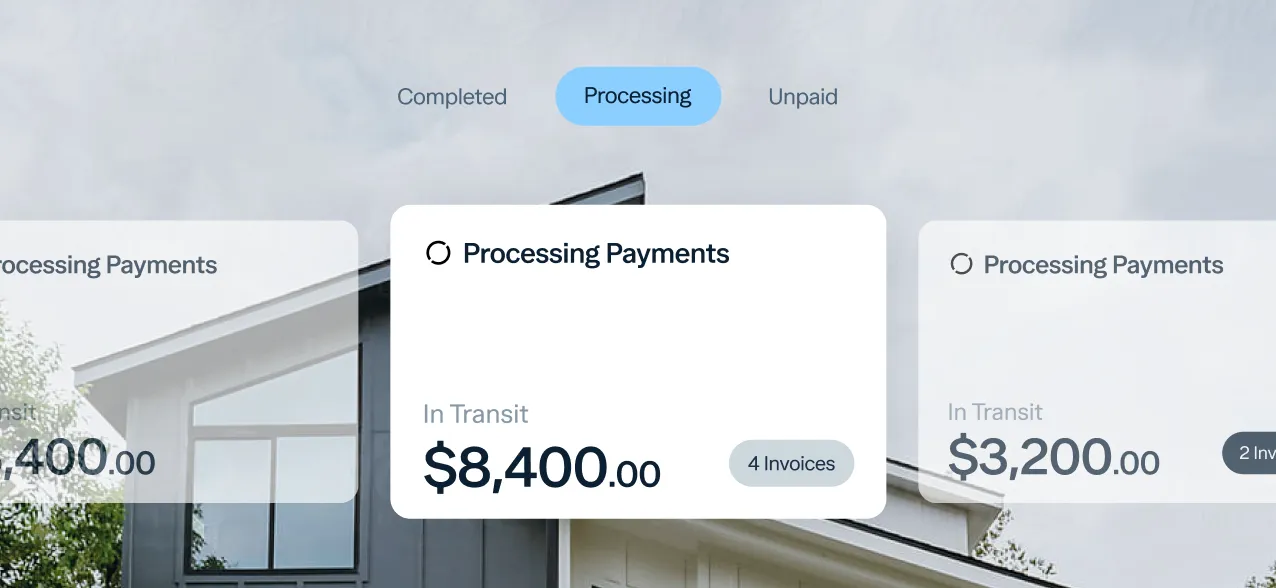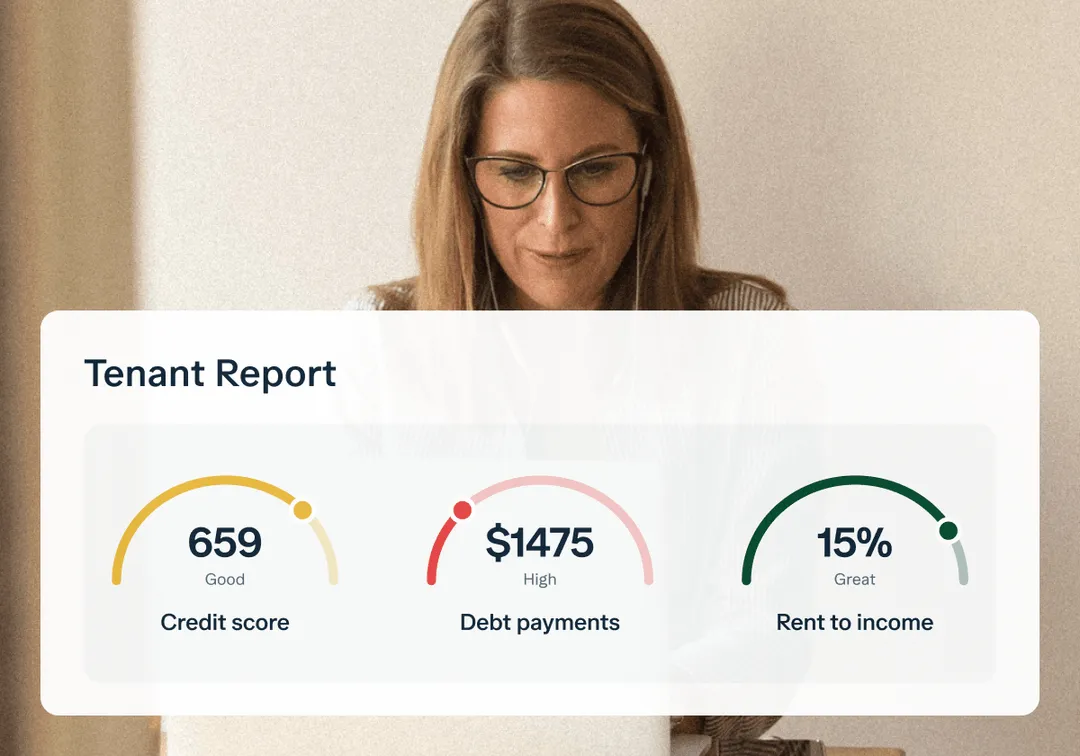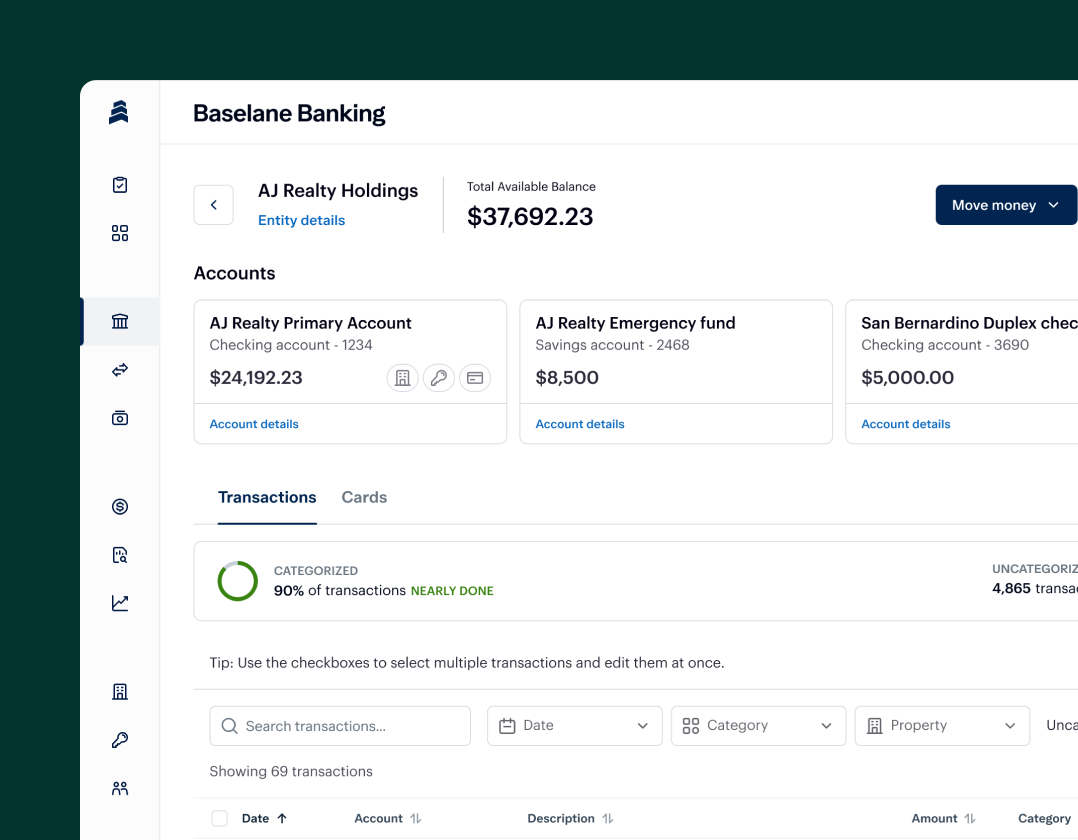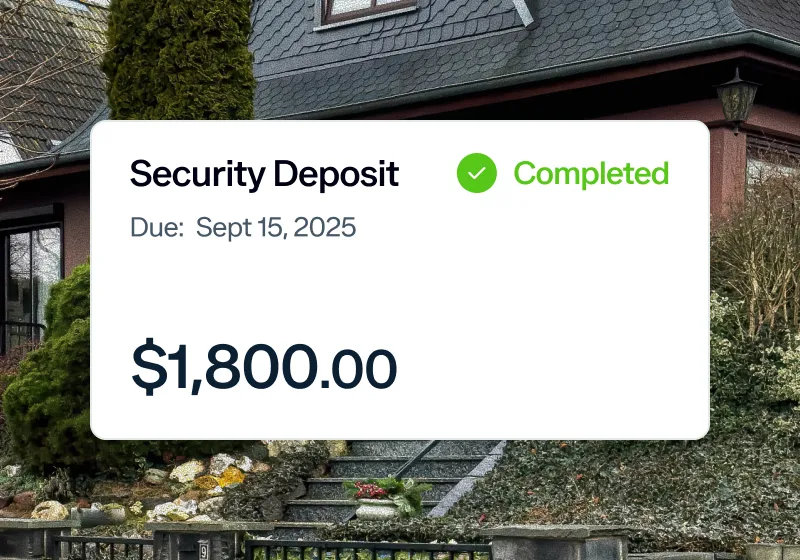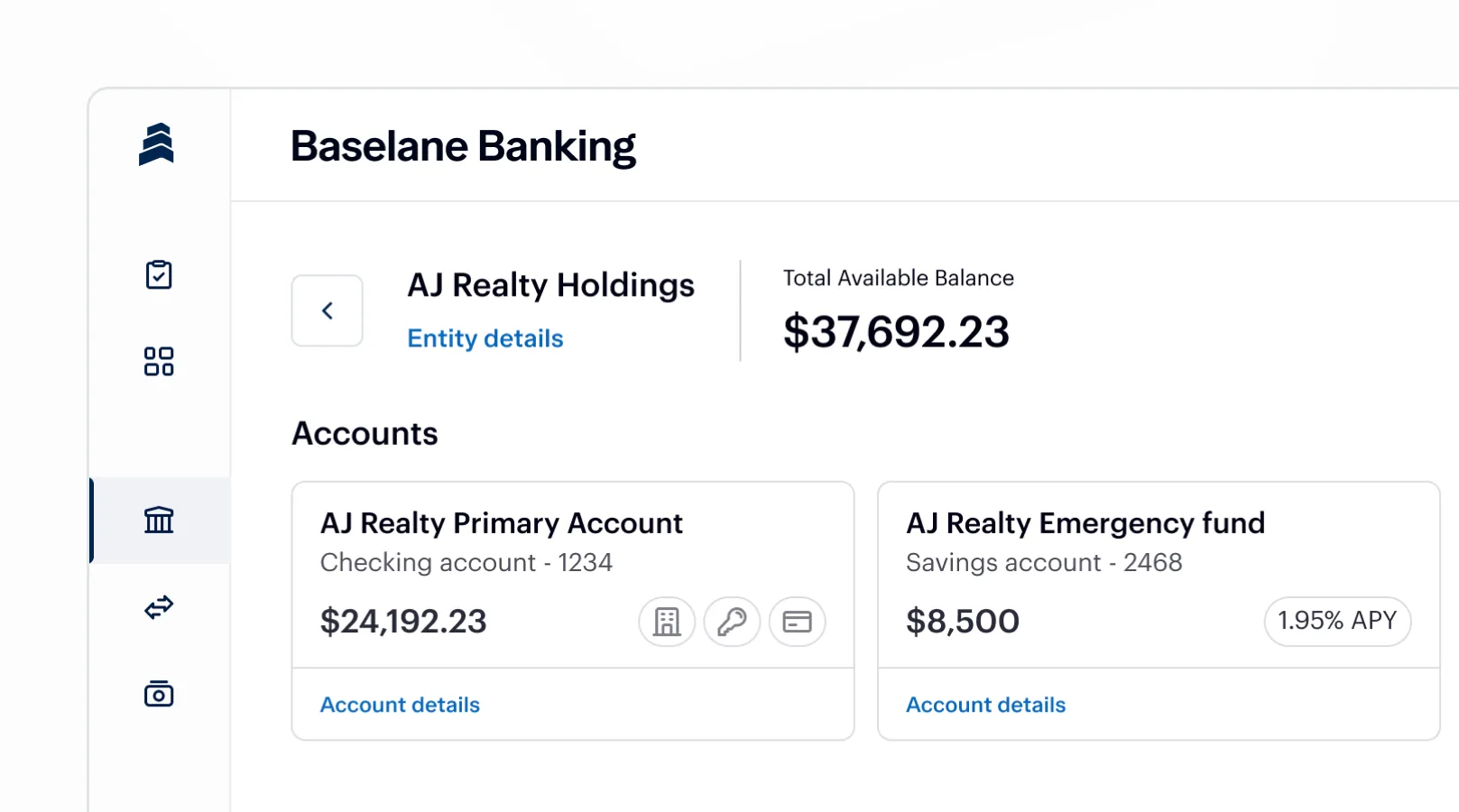In Colorado, the maximum security deposit amount that a landlord can charge depends on the length of the lease, with a maximum of one month's rent for leases of one year or longer and up to two months' rent for shorter leases. Landlords are required by law to return the security deposit within one month after the lease ends, with an itemized list of deductions if applicable. It's also important to note that landlords must place security deposits in a separate interest-bearing account and pay interest annually to the tenant. Tenants should be aware of these regulations to ensure their security deposit is handled fairly and in compliance with state law.
Security deposit rules in {{ state }}
Limit: In Colorado, there is no statutory limit on the amount a landlord may charge for a tenant security deposit. Most landlords typically charge an amount equal to one month’s rent, but the tenant deposit can vary depending on factors such as the tenant’s credit, rental history, or risk profile. The amount must be clearly stated in the lease agreement, and maintaining the funds in a security deposit bank account in Colorado is recommended for accurate record-keeping and compliance.
Return Deadline: The landlord must return the tenant security deposit within one month (30 days) after the tenant vacates the property. However, the lease agreement may extend this period to up to 60 days if specified in writing. The landlord must include an itemized list of deductions with the refund. Failure to return the tenant deposit or provide a statement within the allowed timeframe may result in the landlord being liable for treble damages and attorney’s fees.
Acceptable Deductions: The tenant security deposit may be used to cover unpaid rent, late fees, damages beyond normal wear and tear, and cleaning or repair costs necessary to restore the property to its original condition. All deductions must be itemized and supported by documentation.
Where to Deposit: Colorado law does not require landlords to keep tenant deposits in a separate or interest-bearing account, but it is considered best practice to hold funds in a security deposit escrow account in Colorado or a landlord tenant security deposit bank account in Colorado to ensure transparency and proper handling. There is no mandated security deposit interest rate, but landlords who choose to hold deposits in an interest-bearing account must disclose the arrangement in the lease. Maintaining a dedicated account helps ensure compliance with Colorado’s rental laws and provides clear financial accountability.

